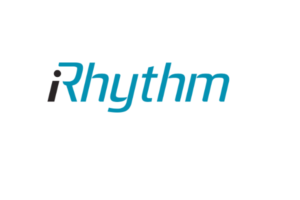 iRhythm Technologies has received US Food and Drug Administration (FDA) 510(k) clearance for its ZEUS (Zio ECG Utilization Software) system for the Zio Watch.
iRhythm Technologies has received US Food and Drug Administration (FDA) 510(k) clearance for its ZEUS (Zio ECG Utilization Software) system for the Zio Watch.
Produced in partnership with Verily, the ZEUS system combines deep learned algorithms with a cardiac arrhythmia service. The ZEUS system is the AI algorithm and solution component of the Zio Watch: a sensor-based wearable for non-invasive, clinical grade, long-term continuous monitoring for atrial fibrillation (AF). Verily also received FDA 510(k) clearance for the Zio Watch (Study Watch with Irregular Pulse Monitor).
The Zio Watch with the ZEUS system is an integrated, prescription-based solution that addresses clinician workflows, care pathways and the patient experience, iRhythm said in a press release. The cleared Zio Watch is a wrist-worn solution that detects AF and characterises the amount of AF over time, thus aiding a clinician in diagnosis. The Zio Watch uses a continuous photoplethysmography (PPG), AI-based algorithm to detect AF and calculate an AF burden estimate. A preliminary report is then sent to the patient’s clinician for review, potentially leading to diagnosis and clinical intervention.
“We are incredibly excited about this important milestone as we make progress in bringing a new monitoring platform to patients who can benefit from it. There is a clear need in the market today for a clinical grade, long-term and non-invasive monitoring solution,” said Quentin Blackford, CEO and president of iRhythm. “iRhythm is focused on redefining the standard of care with earlier insight to predict and prevent disease, and the Zio Watch with ZEUS system provides clinicians a platform that has the potential to meaningfully improve patients’ lives.”
“Our partnership with iRhythm advances our shared mission of delivering more efficient care for patients with AFib,” said Jessica Mega, chief medical and scientific officer and co-founder of Verily. “The industry is ripe for a clinical grade wearable to not only improve how we monitor cardiovascular health, but also develop precision health interventions that could ultimately prevent more serious cardiac events before they can occur.”












